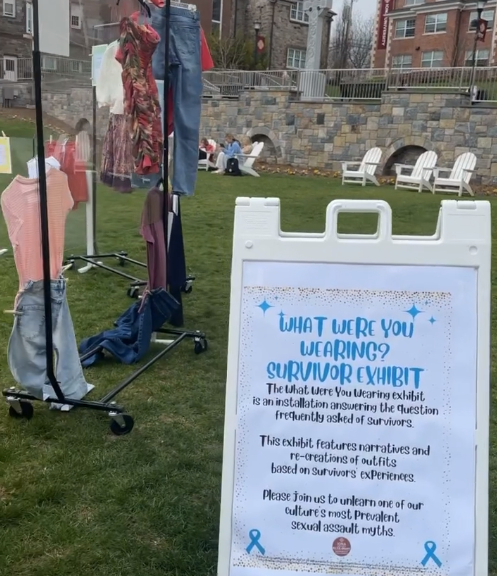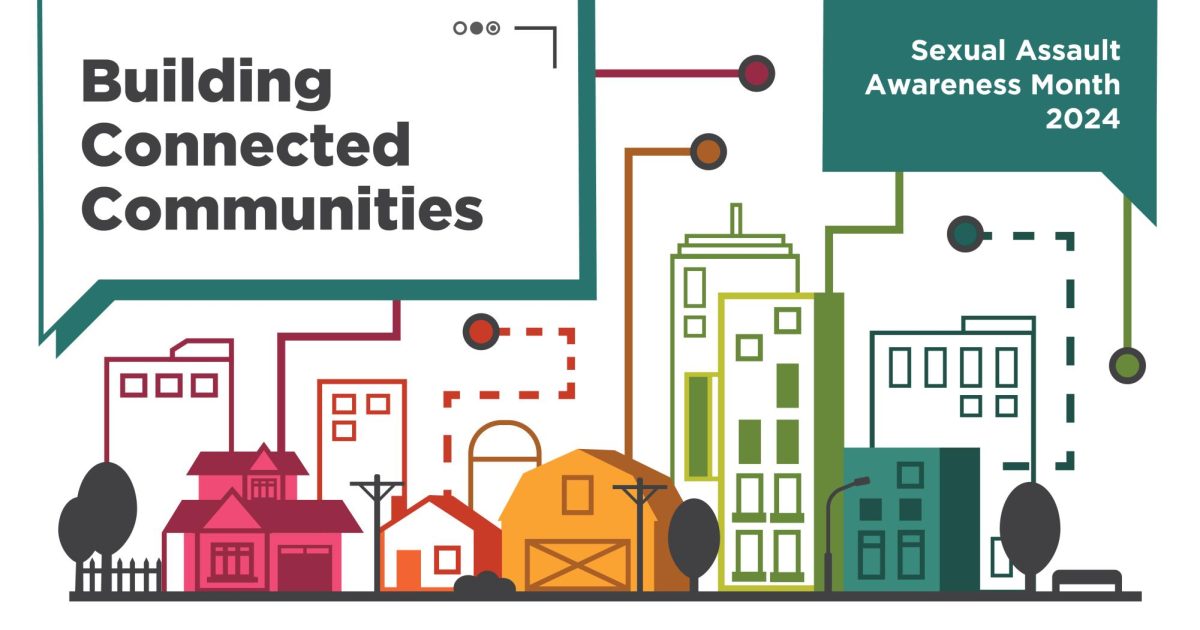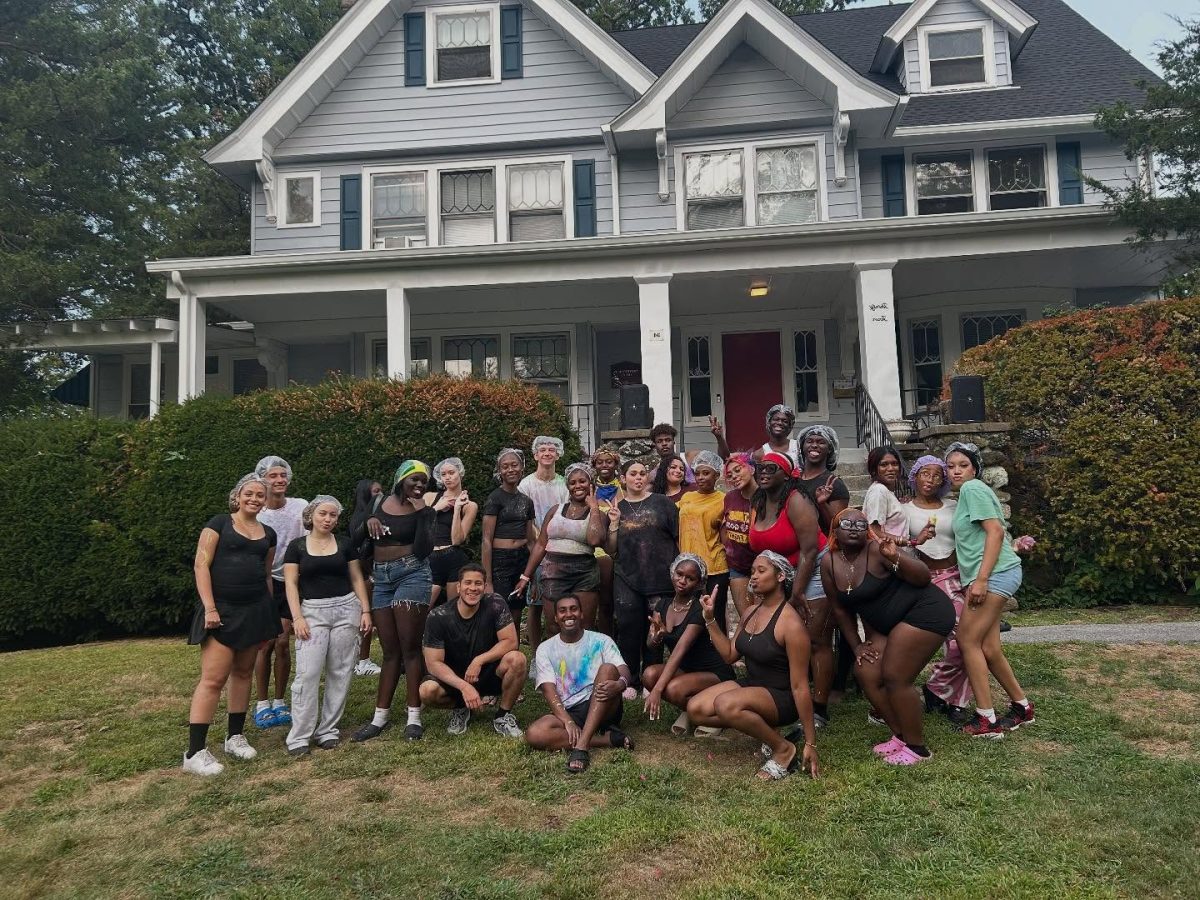Although October is known for many things such as fall foliage and Halloween, it is most importantly known for being Domestic Violence Awareness Month. As students immerse themselves in their studies and campus life, it is crucial to acknowledge how domestic violence affects college students and promote awareness about this pressing issue.
Domestic violence affects college students more often than we may think, and the consequences can be severe. Domestic Violence Awareness Month provides an opportunity to shed light on this issue and encourages campuses to take action. By fostering a culture of awareness, support, and empowerment, we can make college campuses safer and more inclusive for all students, ensuring that no one suffers in silence.
The Silent Struggle on Campus.
College campuses are often seen as safe and nurturing environments, but they are not immune to the pervasive problem of domestic violence. Domestic violence, which includes physical, emotional, or psychological abuse within a romantic or familiar relationship, can impact students in several ways. While the stereotypical image of a domestic violence victim might not match the profile of a college student, the reality is that young adults can be just as susceptible to this issue.
Statistics Do not Lie.
The statistics are alarming. According to a survey conducted by the American College Health Association, one in five college students will experience relationship violence. Additionally, a study published by the National Institute of Justice found that women aged 16-24 are at the highest risk of experiencing intimate partner violence, a demographic that largely overlaps with college students.
Unique Challenges of College Life.
College life presents unique challenges that can exacerbate the impact of domestic violence. Students often find themselves away from their support systems, whether that is their family or friends. This isolation can make it even more difficult for victims to seek help and confide in someone about their situation.
Furthermore, the stresses of academics, social life, and financial independence can add to the vulnerability of college students. Perpetrators might exploit these stressors to maintain control, making it harder for victims to escape the cycle of abuse.
Role of Awareness.
Raising awareness about domestic violence during Domestic Violence Awareness Month is critical. Awareness campaigns can help students recognize the signs of an abusive relationship, whether they are the victim or a friend of someone in need. Knowing where to turn for help is equally important.
What Can Be Done on Campus.
Educational workshops are an excellent source for awareness. Universities can organize workshops and seminars to educate students about the warning signs of domestic violence, the resources available and ways to support friends or classmates in need.
Additionally, establishing space spaces where students can speak openly about their experiences without judgement is essential.
Campus counseling services should also be well-publicized and readily accessible.
Creating peer led support groups, where students can share their experiences and seek guidance from those who have faced similar challenges. As well as participation and engagement in prevention, education and awareness programming of events.
Partnering with local and off-campus organizations that specialize in domestic violence support can provide students with a wider range of resources.
Ensuring that the university has clear policies and procedures for reporting and addressing domestic violence, both for victims and for perpetrators.
The G.I.V.E. Grant provides all of these opportunities and ways to combat domestic violence on college campuses. If you would like to get involved, contact, Leonora Campbell, Project Director of the G.I.V.E Grant program at [email protected]
Sources:
https://www.acha.org/documents/ncha/NCHA-II_SPRING_2019_US_REFERENCE_GROUP_EXECUTIVE_SUMMARY.pdf






